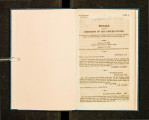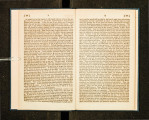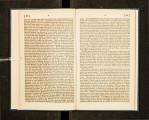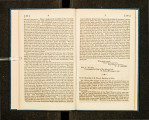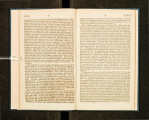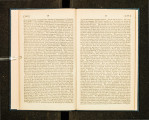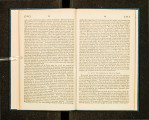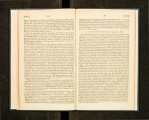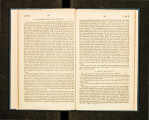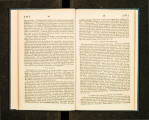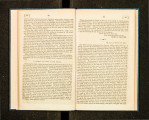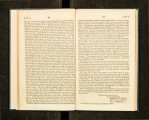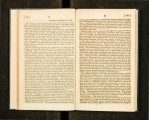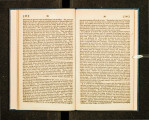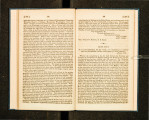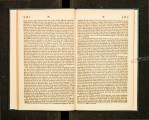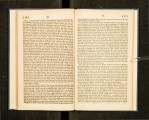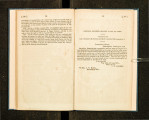| Title |
Message from the President of the United States, in answer to a resolution of the Senate relative to the British establishments on the Columbia, and the state of the fur trade &c. |
| Call Number |
F592 .U5 1831; Record ID 99168660102001 |
| Date |
1831 |
| Description |
Jackson, Andrew (1767-1845). Message from the president of the United States, in answer to a resolution of the senate relative to the British establishments on the Columbia, and the state of the fur trade &c. Washington: 1831 First edition F592 U5 1831 |
| Creator |
United States. President (1829-1837 : Jackson) |
| Publisher |
Digitized by J. Willard Marriott Library, University of Utah |
| Subject |
Fur trade -- West (U.S.) -- History -- 19th century -- Sources; Northwest (U.S.) -- History; Northwest Coast of North America -- History; West (U.S.) -- Description and travel |
| Type |
Text |
| Format |
application/pdf |
| Identifier |
F592-_U5-1831.pdf |
| Language |
eng |
| Collection Name |
Rare Books Collection |
| Holding Institution |
Rare Books Division, Special Collections, J. Willard Marriott Library, University of Utah |
| Rights |
 |
| Scanning Technician |
Ellen Moffatt |
| Digitization Specifications |
Original scanned with Hasselblad H2D 39 megapixel digital camera and saved as 600 ppi tiffs. Display images created in Adobe Photoshop Lightroom 5 and generated in Adobe Acrobat ProX as multiple page pdf. |
| ARK |
ark:/87278/s6v42rh7 |
| Setname |
uum_rbc |
| ID |
305125 |
| Reference URL |
https://collections.lib.utah.edu/ark:/87278/s6v42rh7 |





